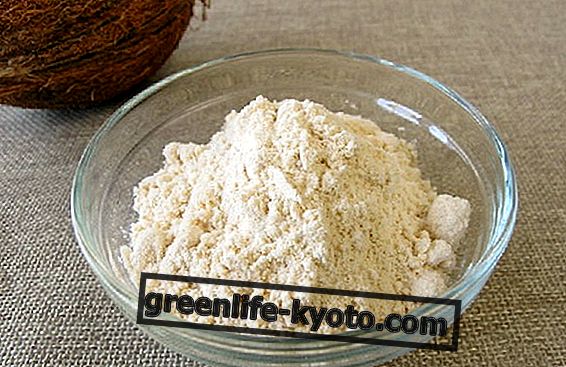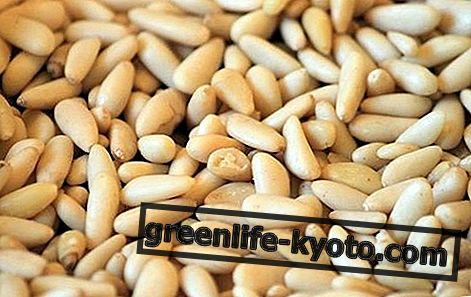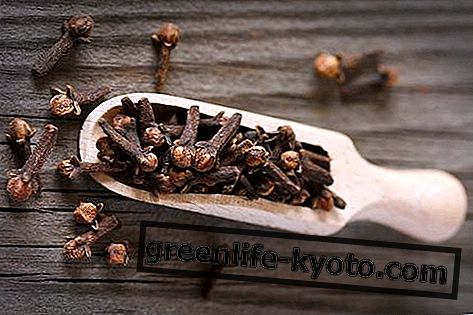Carbo Animalis is a homeopathic remedy derived from animal charcoal, useful for the health of lymphatic tissue, nervous system and gastrointestinal mucosa. Let's find out better.

Description of Carbo Animalis
The Carbo Animalis homeopathic remedy originates from animal charcoal. The latter, also called bone coal or animal black or still bone black, is obtained from the carbonization of bones and animal tissues.
The result is an odorless black powder, practically insoluble in water and in alcohol, with a strong adsorbent power, for this it is also an activated carbon, that is able to absorb both gaseous substances and solids dispersed or dissolved in different solutions.
Today, for the most common uses, animal charcoal has almost completely been replaced by vegetable-derived coal . The homeopathic remedy Carbo Animalis is obtained by grinding animal lactose with lactose and subsequent dilutions and dynamizations in a water-alcohol solution. The animal coal that is used comes from the charred ox skin.
When using Carbo Animalis
Carbo animalis is a homeopathic remedy with local action; it acts mainly on the lymphatic tissue, on the nervous system, on the gastro-intestinal mucosa, on the vascular apparatus and on the skin.
It is indicated in cases of insidiously appearing diseases that develop slowly and become chronic. It is often useful after food poisoning, especially from spoiled fish or legumes.
The homeopathic remedy Carbo animalis is used in the following main cases:
- disorders of the lymphatic and glandular systems
- disorders of the gastrointestinal system such as gastritis, constipation, diarrhea, hemorrhoids
- respiratory problems, hoarse and dry cough, bronchitis, pneumonia
- disorders of the female genital system, dysmenorrhea, frequent menstruation, weakness during lactation.
- disorders of the circulatory system, vericose veins
- head disorders, headache, mumps, ear discomfort
- disorders of the musculoskeletal system, lumbago, pain in the joints, bones and muscles.
- skin disorders, acne, chilblains, warts
Doses and administration
In all cases: if acute, 4CH dilution, 3 granules several times a day; if sub-acute, dilution 7 - 9CH, 3 granules 1 - 2 times a day; if chronic, dilute 15 - 30CH, 3 granules from once a day to once a week.
Who is Carbo Animalis recommended for?
The subject Carbo animalis is generally a chilly elder with a cyanotic face, nose, nails and fingers, with poor lymphatic and blood circulation; he is weak and very tired, sad, depressed, fearful, lonely and anxious.
It has an irregular pulse, a sensation of heat in the head and limbs.













